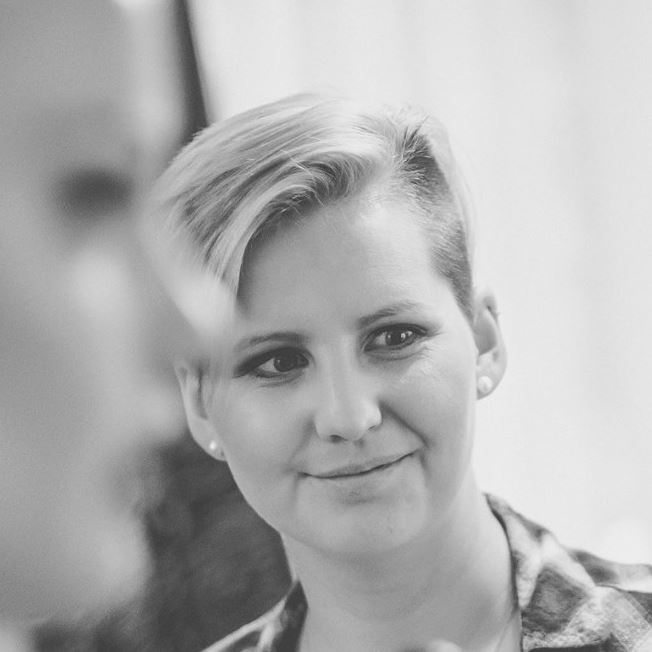Annamária Nagy
Bereich: Theorie
Key Facts
Nationalität
UngarnBereich
TheorieWohnort
DunaújvárosEmpfehlende Institution
tranzit.org/ERSTE StiftungZeitraum
November 2015 - November 2015Annamária Nagy (born 1988, Dunaújváros) is an art critic and an art historian. She has got a bachelor and master programme degree at Pázmány Péter Catholic University on the faculty of Art History. In her bachelor and master thesis she was studying the topic how the political system affected the architecture and the fine arts of Dunaújváros.
She is currently working in the Institute of Contemporary Art - Dunaújváros, where she is working on several exhibitions and research projects, among others an ongoing study about the Contemporary Sculpture Collection of King Saint Stephen Museum.
The aim of my residency is to get a closer look at the contemporary Austrian culture politics and lay the foundation of my future PhD studies. My research is about the Maecenas system during the Soviet era (1960-1990) in Austria, mostly between firms or factories and artists. I am eager to know that how these different collaborations affected today’s contemporary art and what is their place in the cultural system which we know in our days. I would like to compare the Hungarian contemporary culture politic and artistic system to the Austrian one, because they are so close to each other, share some common historical grounds and still have had so many differences, I am really curious the reasons behind. I have already found some examples for the above mentioned collaborations from Eastern Europe and also begun to explore them, such as the Biennale for Spatial Forms in Elblag, Poland, or the Steel Sculptor Workshop in Dunaújváros, Hungary; I am looking for more in all over Europe.
The aim of my residency was to get a closer look at the contemporary Austrian culture politics and lay the foundation of my future PhD studies. My research is about the Maecenas system during the Soviet era (1960-1990) in Austria, mostly between firms or factories and artists. I am eager to know that how these different collaborations affected today’s contemporary art and what their place is in the cultural system which we know in our days.
During my residency in Vienna I was able to get in touch with professionals whose work is related to my topic. I began my research at the Erste Foundation Library. The head of the library, Jutta Braidt gave me tremendous help to get a basic look at my topic. With her help I have had a great list of such documents which I can use even in my daily work.
I had a chance to meet with curator and publicist Martin Fritz. His knowledge about the current contemporary issues and culture politics has been also very important for my research, such as his advices. Meeting with him gave completely new aspects to my research. He was also so kind and sent me some of his writings.
Meeting with Professor Christian Kravagna and Hans Knoll as well allowed me to look further and find different aspects.
Visiting the following institutions, although not all of them are strictly connected to the topic of my research has been very helpful for my daily job as a curator: Kunsthalle, MuMoK, Leopold Museum, 21er Haus, Essl Museum, Belvedere, Technisches Museum, Museum für Angewandte Kunst, Naturhistorisches Museum, Secession.
I have learnt a lot about the past and current culture political issues of Austria. The research I have done in Vienna will be the basis of my future Ph.D. work, which I would like to begin at latest in 2018. I also can use some of the documents in my following exhibition opening in March, 2016 and the related catalogue.
